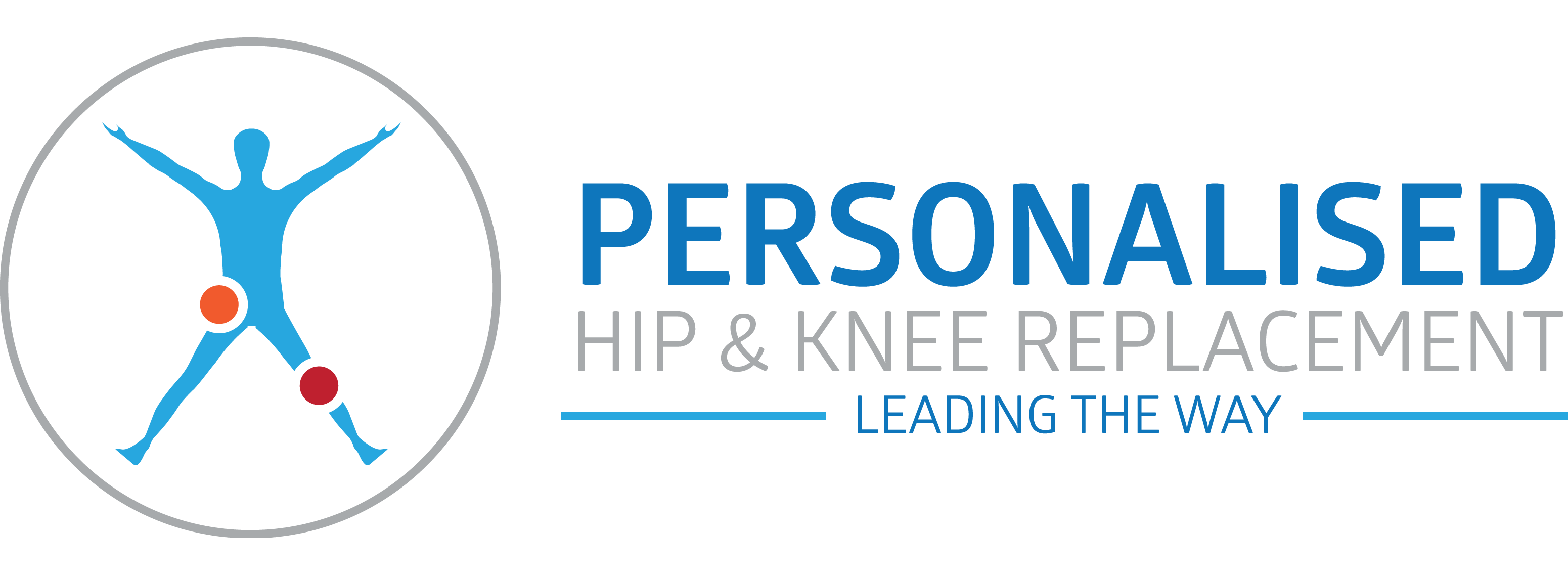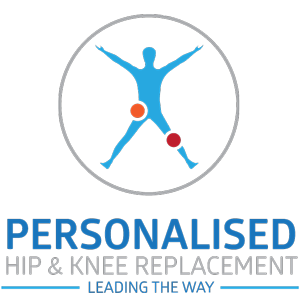This program incorporates changes to traditional care based on the best available research evidence, to improve and accelerate recovery, quickly and safely after your operation. A safe and early discharge with appropriate follow-ups, results in improved patient satisfaction and lessens infection and thromboembolism.
Enhanced recovery programs are multimodal and focus on the following elements:
- Utilising surgical and anesthetic techniques which facilitate early mobility
- Excellent multi-modal post-operative pain treatment allowing early patient mobilisation and preventing drug side effects
- Post-operative self-physiotherapy
If you wish to have a day case surgery, please discuss this with Charles and his Anesthetist to make sure you are eligible.



